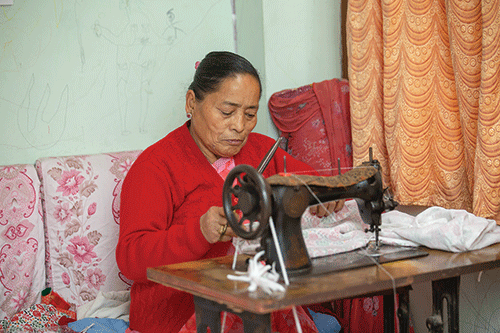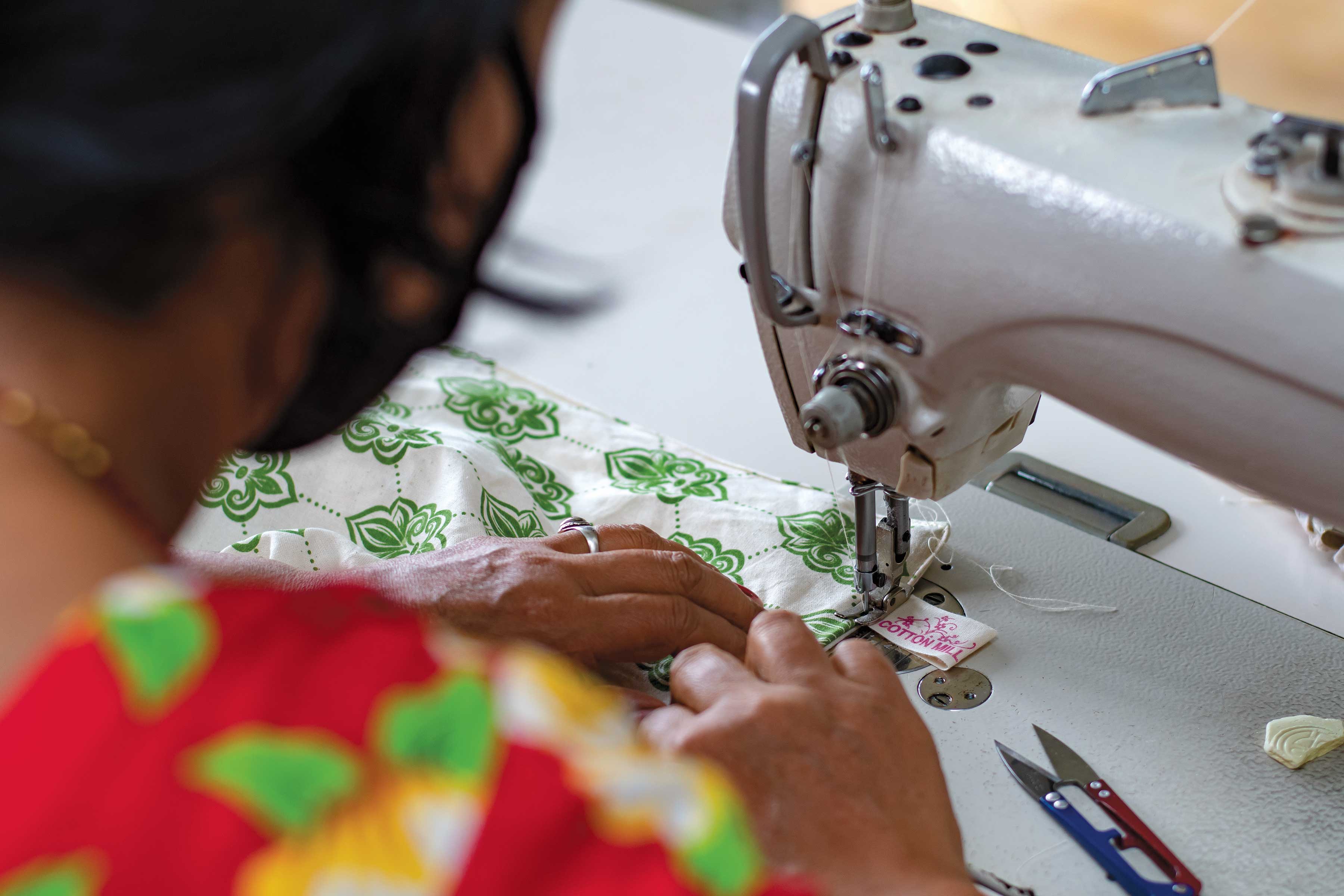Ambling along a road, you pass a sign for dental surgery. Immediately, your heart starts racing, you can feel the heat rising to your face, and you become shaky and nauseous. Not another reminder of the dreaded D word, better cross that road and turn the other way. Is that you? You may be one of the many people who suffer from dental phobia.
For kids and adults alike, going to a dentist may be a dreadful experience. Recently, I had a friend’s kid visit the clinic and he had that fear written all over his face. Even with the slightest provocation he would have tear drops running down his cheeks. He felt so betrayed lying down on that chair. In another instance, I met some people and they said, “You seem to be a nice person but how come you are a dentist?” A lady friend of mine has once said “I would rather go through labor pain again than go to a dentist.” To top it all, Hollywood has also made a horror film called “The Dentist”.
In terms of your dental health and overall well-being, this can have serious ramifications. Besides chronically infected gums and teeth, which can affect your medical status, your ability to chew and digest can be seriously compromised. Without healthy gums and teeth, your speech can be affected as well. Your self-confidence can be hampered if you are insecure about your breath and smile. This can lead to serious limitations in both your social and business environments.
Dental phobias and anxiety stem from various sources. These can lead to strongly conditioned fear responses. The following are the most common origins of dental fear:
- Previously painful or negative experiences during visits to a dentist. This can even include careless comments made by a dentist or hygienist during a past examination.
- Severe discomfort arising from feeling helpless and/or out of control in the dental situation.
- A sense of embarrassment of your dental neglect and fear of ridicule and/or belittlement when you meet the dentist .
- Scary anecdotes of negative dental experiences learned vicariously from family and friends. Negative, menacing portrayals of dentists in movies, TV, newspapers and magazines.
- A sense of depersonalization in the dental process, intensified by today’s necessity for the use of barrier precautions, such as masks, latex gloves and shields.
A general fear of the unknown. It would be best to accept the fact that you have dental phobia and try and deal with it. I would like you to take a simple test. Below are some questions that, if answered yes, may signify that you have some form of dental anxiety:
- Do you feel slight uneasiness and tension the evening prior to your dental visit, which makes you cancel your dental appointment?
- While waiting in the reception area of the dental office, do you feel nervous about the visit?
- Have you had a prior dental experience that was unpleasant? While in the dental chair, do you feel uneasy and anxious?
- Does the thought of having a dental injection make you feel physically ill and tense?
- Does seeing the dentist or dental hygienist’s instruments make you anxious?
- Do objects placed in your mouth during the dental visit make you panic and feel like you cannot breathe correctly?
- Do you feel that your dentist is unsympathetic only to you?
Dental phobia is serious; it is often a paralyzing fear of seeking dental treatment. The Good news is that if you have a phobia for dental treatment then you are not the only one. It is estimated that 50% of the population does not seek regular dental care. An estimated 15% avoid much needed care due to anxiety and fear surrounding the dental experience. This translates to some 30-40 million people so afraid of dental treatment that they avoid it altogether.
Advanced Dental Care, Ph: 4433800, Email: aryalsameer2@hotmail.com











